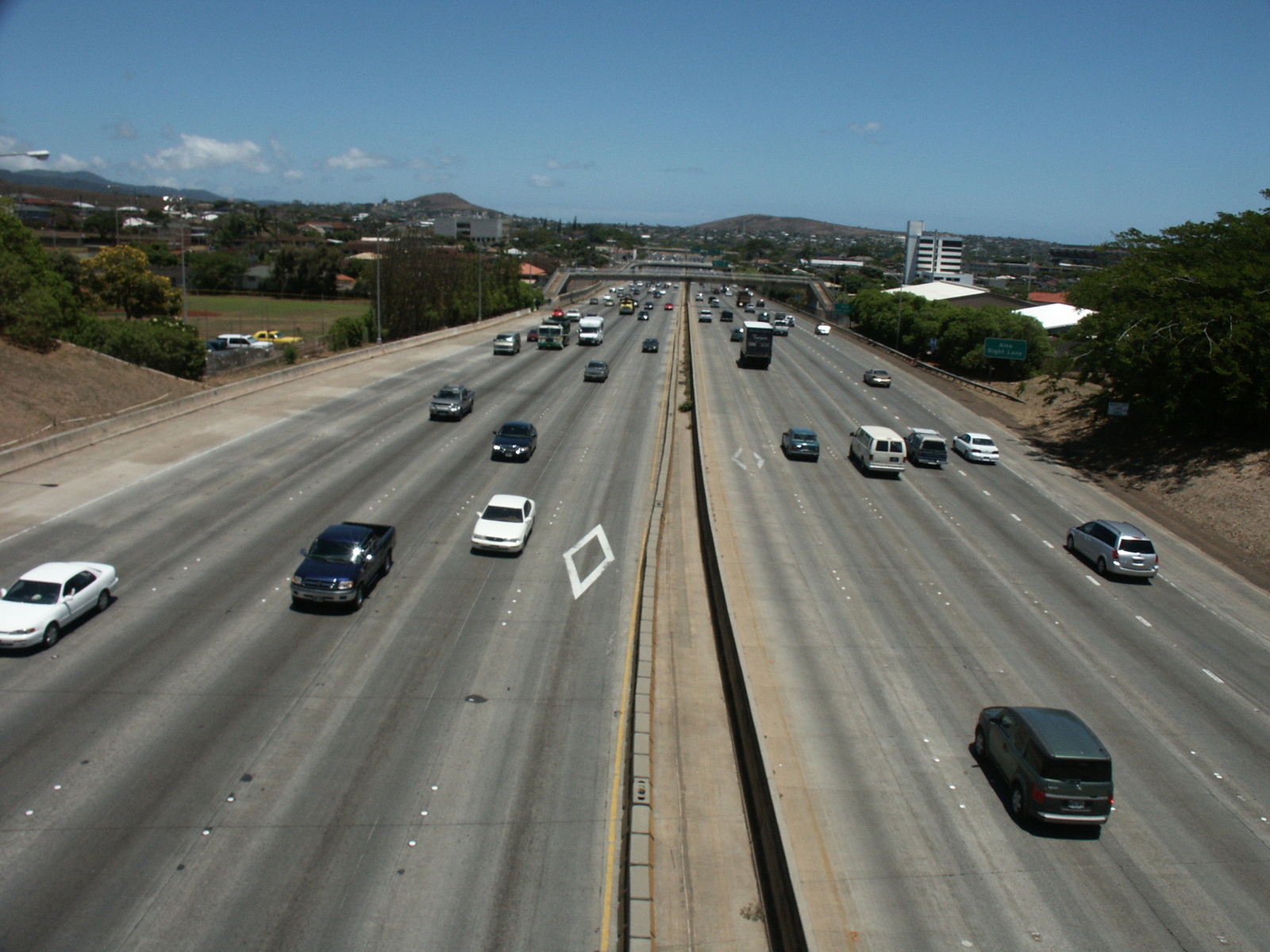The mileage deduction for musicians is one of our best tax breaks and biggest headaches! When can you deduct your driving expenses as a musician?
Between travelling to rehearsals, concerts, or lessons, you probably spend a fair amount of time in your car. It is a legitimate, and often significant, business expense for the professional musician. In Part 1 of this guide, we will look at when you can and cannot deduct mileage and your driving expenses. In Part 2, we will compare using the IRS standard mileage rate versus your actual costs.
It’s easiest to begin with what is not a deductible travel expense: you can never deduct “commuting”. The IRS defines commuting as driving between your home and primary workplace. For example, if you work at a University, then your drive to your office or studio would not be deductible.
W-2 Employee Musicians
Musicians who are W-2 employees used to be able to deduct mileage under “unreimbursed employee expenses”. This was on your itemized deductions on Schedule A of your tax return. This was eliminated by the Tax Cuts and Jobs Act (TCJA) in 2017. If you still do itemized deductions today, you might be able to deduct mileage for charity work or medical care. But for work, it’s no longer a deduction for W-2 employees.
Also eliminated: job search expenses (i.e. auditions) and moving expenses for a new job. Ugh.
Self-Employed Musicians
Musicians who are self-employed (1099, Independent Contractor) can deducting driving as a business expense on Schedule C. For most musicians, you will have some work which is W-2 and some which is 1099, so your mileage for each of these jobs needs to be tracked separately.
Here are types of mileage which you can deduct:
- Travel to rehearsals, gigs, or teaching. If your home is your primary office as a self-employed musician, than any drive from the “office” is deductible as a business expense.
- Driving to the airport for business travel.
- Trips for errands or supplies, repairs, meals and entertainment, and customer visits are also deductible.
The key to successfully deducting these expenses is to have contemporaneous documentation. Record the dates, locations, and miles traveled. The most common reason expenses are disallowed by IRS auditors is lack of supporting evidence. Keep a detailed mileage log, keep contracts showing dates of gigs, and be organized.
Track Your Miles
There are a number of apps to track your mileage, such as MileIQ, QuickBooks Self-Employed, Everlance, and others. These use your phone’s GPS to track your distances automatically, and then you can later categorize each trip as business or personal. This is very helpful if you, like me, often forget to write down your mileage! Just remember that you may be required to produce this documentation up to seven years in the future. Make sure you have saved your information in a hard copy or other permanent location. If audited by the IRS, they may send you an “Information Document Request” or IDR, requiring you to show evidence of all your specific trips. No evidence and they can throw out your deduction.
I know it is a pain to keep track of all this mileage, but it’s likely that your regular trips can add up to thousands of miles per year. For 2020, the IRS standard mileage rate is $0.575 per mile, so for every 1000 miles you drive, you can deduct $575 from your income. If you are in the 25% tax bracket, that will lower your tax bill by $144. If you are in a higher tax bracket, your savings will be even greater.
Also, you can deduct any tolls or parking costs on top of the standard mileage rate. Keep those receipts!
Next up: Part 2, where we compare the Standard Mileage Rate and Actual Cost methods for taking the mileage deduction for musicians.
This information is for educational purposes only and should not be construed as individual financial advice. Please talk to your CPA or tax preparer regarding your personal situation.
